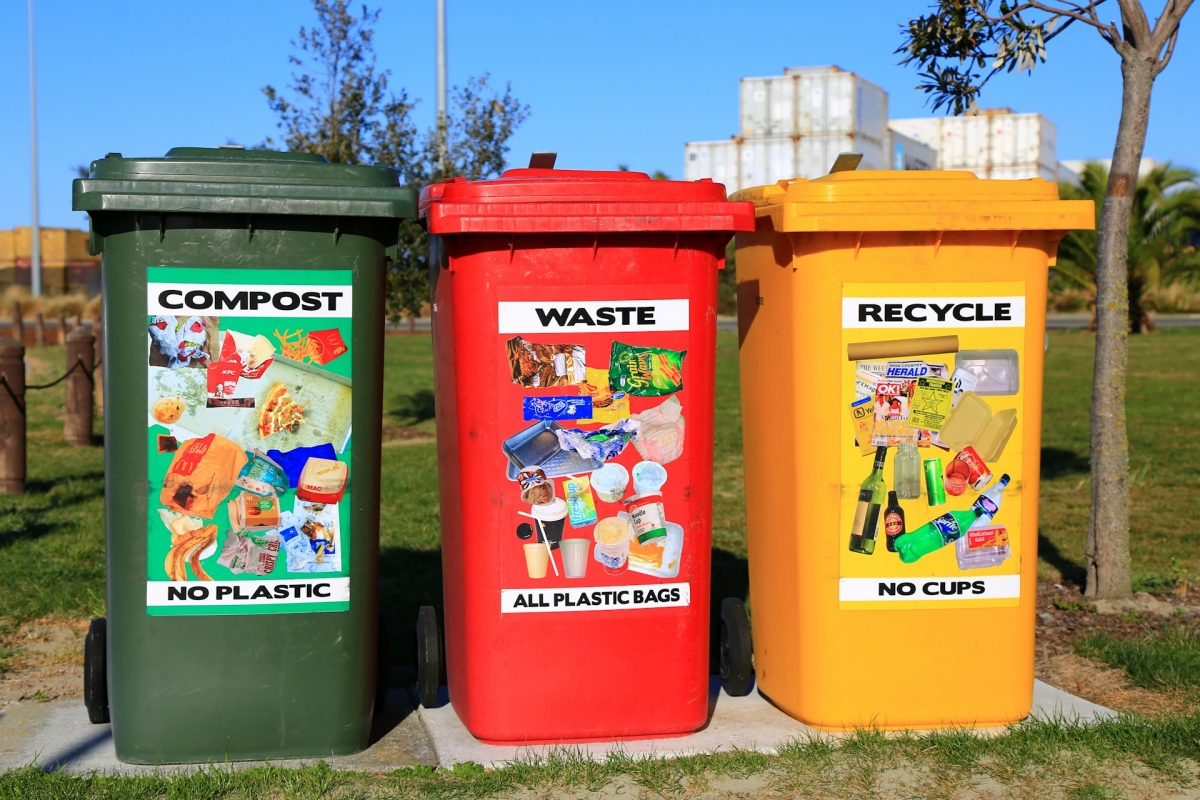Key Takeaways
- Renting waste compactors offers financial benefits over purchasing.
- Operational efficiency and maintenance costs are key considerations.
- Environmental impact is minimized with reduced waste volume.
Table of Contents
- Introduction to Waste Compactors
- Financial Benefits of Renting
- Operational Efficiency
- Maintenance Considerations
- Environmental Impact
- Future Trends
- Wrapping It Up
Introduction to Waste Compactors
Waste compactors are powerhouse machines integral to efficient waste management systems across various industries. Compressing waste materials into smaller, more manageable volumes significantly reduces waste’s space, leading to easier handling and disposal. Businesses evaluating their waste management strategies can find significant cost advantages in stationary waste compactor leasing, offering a path to savings without the capital-intensive upfront expenditure of a direct purchase.
In industries like retail, hospitality, and manufacturing, where refuse can accumulate rapidly, managing waste becomes more than just an operational necessity—it’s a strategic challenge. Waste compactors address this by offering a practical and scalable solution, effectively converting waste management from a costly burden into a streamlined part of business operations.
Financial Benefits of Renting
The financial impetus to rent rather than purchase extends beyond the initial capital expenditure savings. Businesses can avoid the opportunity cost of tying up capital in equipment purchases, allowing them to invest more strategically in growth areas like product development or market expansion. As highlighted in a PBS report, companies can achieve significant operational savings by efficiently managing resources and reducing waste handling costs.
Moreover, leasing contracts often provide flexible terms, including the ability to upgrade equipment as technology advances or as business needs change. This adaptability ensures that businesses are not left with outdated equipment that could become inefficient.
Operational Efficiency
One of the primary benefits of waste compactors is the enhancement of operational efficiency. By reducing the frequency and volume of waste pickups, businesses see immediate reductions in transport costs and scheduling complexities. Minimizing logistical touchpoints translates into smoother operations and a greater focus on core business activities.
Automated compactor systems add a layer of efficiency. These systems continuously compress waste, ensuring that bin capacity is maximized and pickup schedules are optimized. This results in cost savings and aligns business operations with industry best practices for efficiency.
Maintenance Considerations
Equipment maintenance can be both a budgetary and operational concern for businesses. Renting waste compactors alleviates these issues since rental agreements typically cover regular maintenance and repairs. This means businesses can avoid the costs of employing additional maintenance staff or suffering from operational downtime due to faulty equipment.
This preventative maintenance approach ensures that compactors are always functioning at their best, helping to avert any potential disruption to waste management processes that could arise from equipment failure.
Environmental Impact
Environmental stewardship is a growing concern for companies worldwide, and waste compactors contribute significantly to sustainable practices. By compressing waste, compactors help to minimize the physical volume of waste sent to landfills, thus conserving space and reducing the overall environmental footprint. This plays a vital role in modern waste management policies focused on sustainability.
Additionally, reduced waste volume means fewer transportation trips, thus curbing the emissions typically generated by vehicle transportation. Embracing these environmental benefits aligns businesses with growing regulatory pressures and customer expectations around sustainability.
Future Trends
The landscape of waste management is anticipated to continue evolving with technological advances enhancing the capabilities and management of waste compactors. Emerging trends point towards integrating compactors with digital solutions such as IoT (Internet of Things), which can offer real-time data analytics and monitoring. This technological coupling provides intuitively actionable insights that can enhance waste handling efficiency and accuracy.
Such innovations are expected to augment the practical benefits of waste compactor rentals, bolster environmental compliance, and promote smart resource management. This trend will likely influence rental models and the future design of compactor systems.
Wrapping It Up
Renting a waste compactor emerges as a strategic choice for businesses that optimize resource allocation while maintaining high-operational standards. The benefits, ranging from financial savings to enhanced environmental practices, provide compelling incentives for adoption. Waste compactor rentals align with contemporary business goals of efficiency and sustainability, representing a practical approach to modern waste management.




